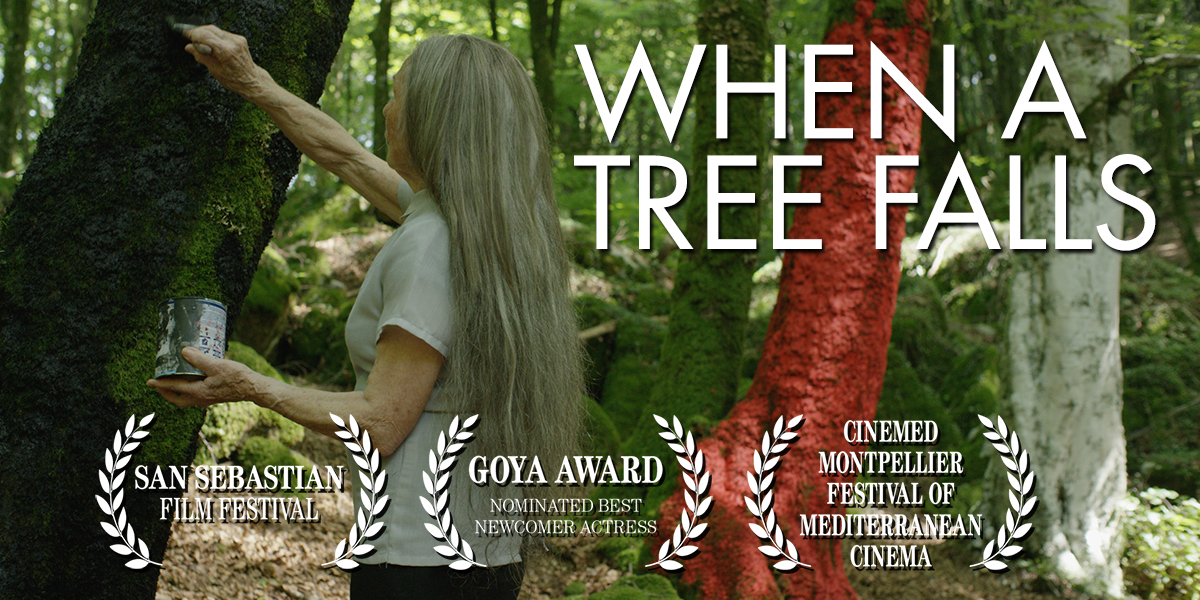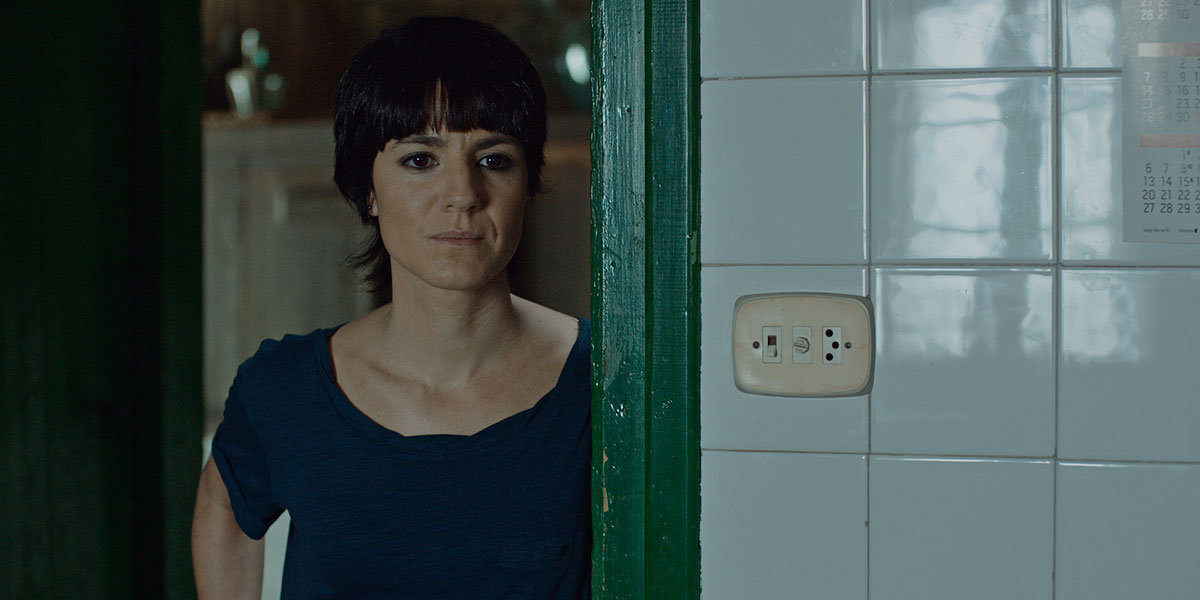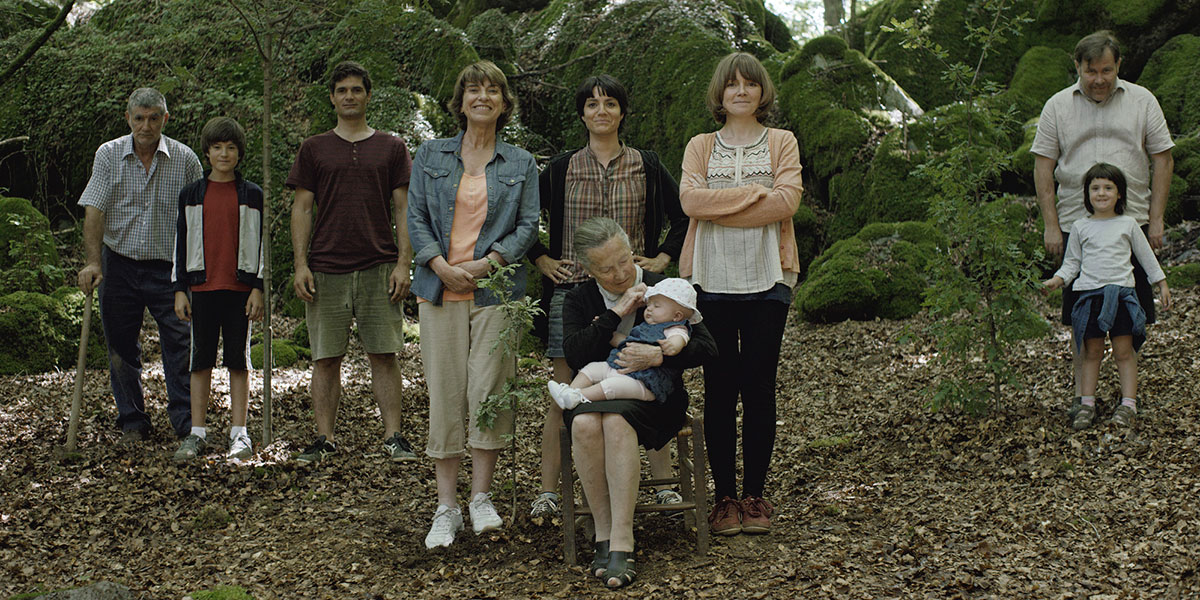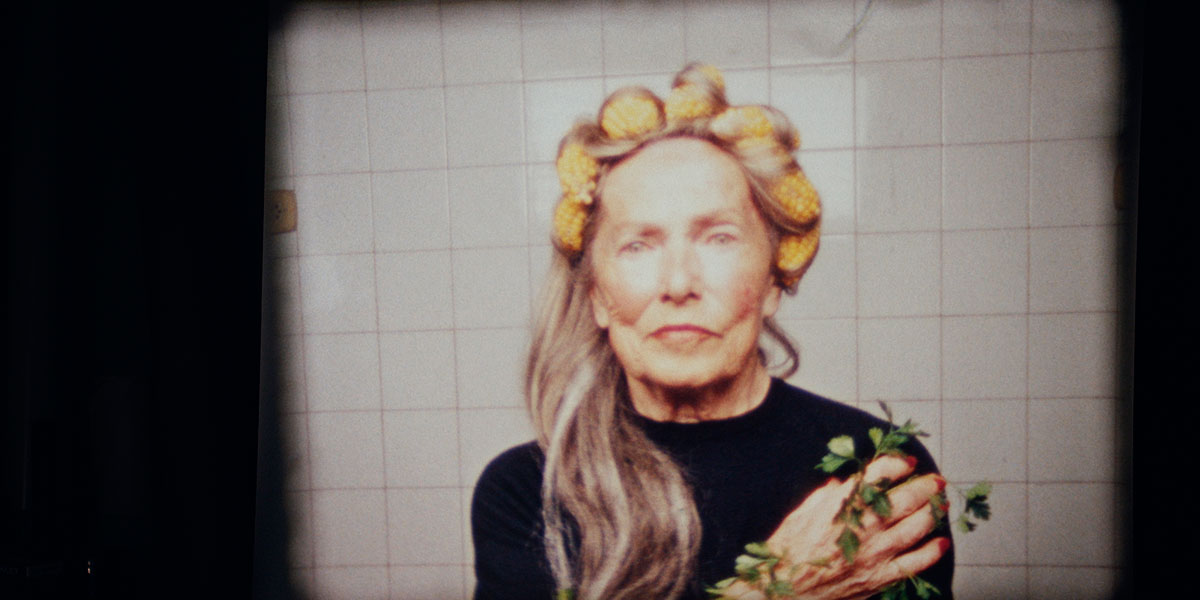When a Tree Falls
(Amama)
Asier Altuna / Spain / 2015 / 103 min




Goya Awards
Nominated Best Newcomer ActressSan Sebastian Film Festival
Cinemed Montpellier Festival of Mediterranean Cinema
Cinemamed Festival Mediterraneen de Bruxelles
Tallin Black Nights Film Festival
Mar del Plata Int'l Film Festival
Roma Cinema Fest
Pricing
Related Films
 My Big Night(Mi Gran Noche)Álex de la IglesiaÁlex de la Iglesia (THE PERFECT CRIME, THE LAST CIRCUS), the gonzo auteur of Spanish cinema, turns all the dials up to maximum in this deliciously ...
My Big Night(Mi Gran Noche)Álex de la IglesiaÁlex de la Iglesia (THE PERFECT CRIME, THE LAST CIRCUS), the gonzo auteur of Spanish cinema, turns all the dials up to maximum in this deliciously ... Nothing In Return(A Cambio de Nada)Daniel GuzmánActor Guzmán (who can be seen playing a cop in MY BIG NIGHT) makes an auspicious directing debut with this high-spirited tale of disaffected youth that ...
Nothing In Return(A Cambio de Nada)Daniel GuzmánActor Guzmán (who can be seen playing a cop in MY BIG NIGHT) makes an auspicious directing debut with this high-spirited tale of disaffected youth that ... Easy Sex, Sad Movies(Sexo Fácil, Películas tristes)Alejo FlahConventional rom-com elements are given an imaginative twist in this sprightly meta-movie in the vein of STRANGER THAN FICTION and ADAPTATION. ...
Easy Sex, Sad Movies(Sexo Fácil, Películas tristes)Alejo FlahConventional rom-com elements are given an imaginative twist in this sprightly meta-movie in the vein of STRANGER THAN FICTION and ADAPTATION. ... Marshland(LA ISLA MÍNIMA)Alberto RodríguezThe Spanish deep South, 1980. A series of brutal murders of adolescent girls in a remote and forgotten town bring together two disparate characters – ...
Marshland(LA ISLA MÍNIMA)Alberto RodríguezThe Spanish deep South, 1980. A series of brutal murders of adolescent girls in a remote and forgotten town bring together two disparate characters – ...Synopsis
In Basque with English subtitles
With Iraia Elías, Kandido Uranga, Amparo Badiola, Ander Lipus, Klara Badiola, Manu Uranga, Nagore Aranburu
Along with this year’s Oscar submission LOREAK, this powerfully visualized drama of generational conflict signals the emergence of a vital Basque regional cinema in Spain. The crux of the film is a farm, spectacularly situated in the mountainous northeast, that has remained in the same family for countless generations. But, when the eldest son and heir apparent, like so many of the region’s young people, decamps to the city, the burden passes to his sister Amaia (Elias), an artist whose progressive ways place her at odds with her rigidly traditionalist father (Aranga). The film’s title, which means “Grandma” in Basque, refers to the family matriarch who will play a pivotal role in Amaia’s attempt to bridge the divide between tradition and evolution.
Gene Siskel Film Center
Related Subjects
About the Director
Press
“If you want to be thoughtfully melancholy for a couple of hours in the presence of images of striking beauty, watch Amama.” – Jonathan Holland, THE HOLLYWOOD REPORTER
“An intense generation gap drama set in a remote area of northern Spain's Basque Country, Asier Altuna’s visually sumptuous second feature about a family's struggle to break loose from its past is sometimes ponderous but more often poetic, rolling with a slow cumulative power which means that by the end, most early doubts about hollow pretentiousness have been dispelled.” – Jonathan Holland, THE HOLLYWOOD REPORTER
Notes on the Film
Amama is a character in the film, but more than a character she is a concept; she is the inherited knowledge passed on through generations, the wisdom that connects us with our forbears. Amama is a character of beauty and dignity, a symbolic character who doesn’t need to speak in order to communicate.
The protagonist of the film is her granddaughter, Amaia, a strong young woman in a moment of change and rupture. Rupture with inherited traditions, and with her father. She faces the challenge of living in accordance with ancestral knowledge even while breaking her ties with the generation that immediately precedes her.
The farm is under threat: a way of being andof understanding the world is disappearing. The different generations who live together in the same space speak different languages and see the world in radically different ways. In this context Amaia feels that the 80 grandmothers who precede her – reaching back into the Neolithic – are a part of her; all of their knowledge gives her the strength and assurance to break free without severing the chain of inherited knowledge, so as to find her own path.
It was important for me that the protagonist be a female character, and that the generational break in the film also create a male-female clash; two ways of seeing and being in the world are set against one another. This is why the heart of the film is the father-daughter confrontation between Tomás and Amaia, and throughout the narrative I have striven to explore a conflict between paradigms in which the most violent, physical acts – which bring the situation to a point of extreme tension and eventually rupture – are performed by the principal male character. At which point the feminine paradigm takes over and breaks through the deadlock; a reunion can only be achieved by a work of careful craftsmanship, an act that is physical but not aggressive. Only through this type of sensitivity is communication re-established, and only then is an embrace made possible.
The film is set on a farm, in a rural environment, which is very familiar to me. I am a part of this world, of this chain. All I know about my predecessors is that they have always been connected to the farm. I am in some ways the farm and but also the change, rupture, and abandonment of the farm. I have lived what happens in the film to a certain extent, though the events in Amama are purely fiction.
The reality of any situation is lived in a completely personal way; everyone’s experience is unique. I am very imaginative. I have always imagined the farm in a surrealistic way, and some of these situations have found their way into the film. I think that the images we remember from childhood tend to be exaggerated – both the idyllic and the terrifying – and these kinds of memories have been an essential source of inspiration for me.
The film is full of images that have been with me for years, with a narrative carefully crafted to create an enjoyable experience from beginning to end. I struggled with myself throughout the filmmaking process because as an artist
I feel a need to create a freer kind of cinema, improvisational and unburdened by narrative or effects; but on the other hand, as a viewer, I can’t stand to be bored by a film. So I have striven to make a well-structured film that captivates the audience from the beginning and carries their interest through to the end.